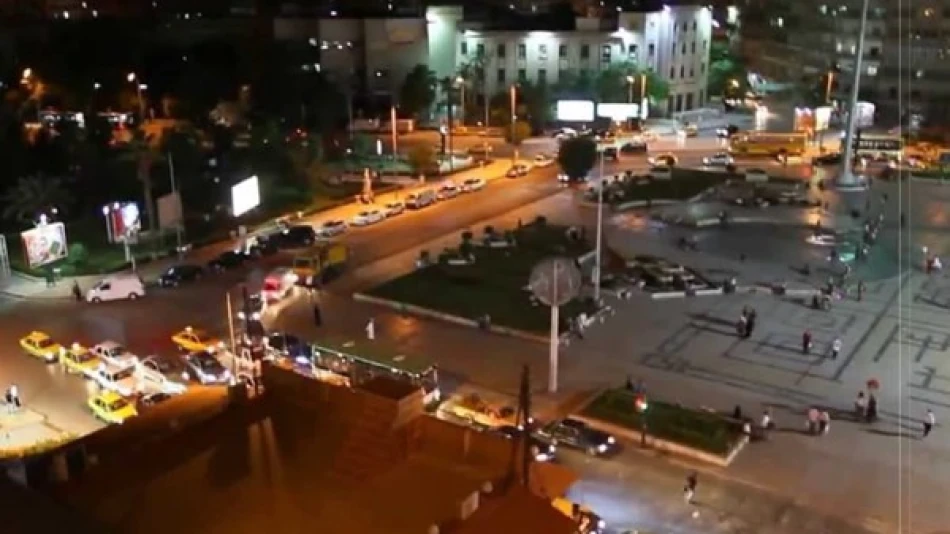
Suicide Bomber Detonates Explosive in Aleppo: City Rocked by Deadly Attack
Syria Faces Fresh Security Challenges as Suicide Bombing Rocks Aleppo
A suicide bomber detonated an explosive belt near a bakery in Aleppo on Sunday, marking the latest in a series of security incidents that underscore Syria's ongoing instability despite government claims of restored control. The attack, which killed only the perpetrator, follows a car bombing in Damascus just one day earlier, signaling potential renewed insurgent activity in major Syrian cities.
Aleppo Attack Details
The bombing occurred in Aleppo's Al-Maysir neighborhood, where a lone attacker triggered an explosive device strapped to his body near a local bakery. Syrian security sources confirmed that no civilians were harmed in the blast, though the targeting of such everyday locations as bakeries reflects tactics designed to spread fear among ordinary citizens.
Aleppo, once Syria's commercial capital, endured some of the war's most devastating battles between 2012 and 2016. The government's recapture of the city marked a turning point in the conflict, making Sunday's incident particularly significant as a test of Damascus's ability to maintain security in previously contested areas.
Damascus Car Bombing Raises Regional Concerns
Saturday's car bomb explosion in Damascus's upscale Mazza district adds another layer of concern for Syrian authorities. The neighborhood houses numerous diplomatic missions and United Nations offices, making it a symbolically important target for any group seeking to demonstrate the government's security vulnerabilities.
The fact that both attacks resulted in minimal casualties beyond the perpetrators suggests either poor planning by the attackers or effective countermeasures by Syrian security forces. However, the psychological impact of strikes in two major cities within 24 hours cannot be understated.
Implications for Syria's Stability Claims
These incidents challenge the Syrian government's narrative of restored stability, which has been central to its efforts to encourage refugee returns and attract international investment for reconstruction. The timing is particularly problematic as Damascus seeks to normalize relations with Arab neighbors and reduce its international isolation.
For regional powers and international observers, the attacks serve as a reminder that Syria's underlying security challenges remain unresolved. Despite military victories against major opposition groups, the persistence of sleeper cells and the availability of explosive materials suggest that insurgent capabilities, while diminished, have not been entirely eliminated.
Security Response and Future Outlook
The Syrian government's ability to prevent casualties in both attacks may indicate improved intelligence gathering and rapid response capabilities. However, the fact that attackers reached their targets in heavily monitored urban centers reveals gaps in preventive security measures.
These developments will likely prompt increased security sweeps in major cities and could affect the government's timeline for reducing military presence in civilian areas. For international partners considering deeper engagement with Syria, such incidents underscore the ongoing risks associated with any significant diplomatic or economic commitments in the current environment.
Most Viewed News

 Layla Al Mansoori
Layla Al Mansoori






